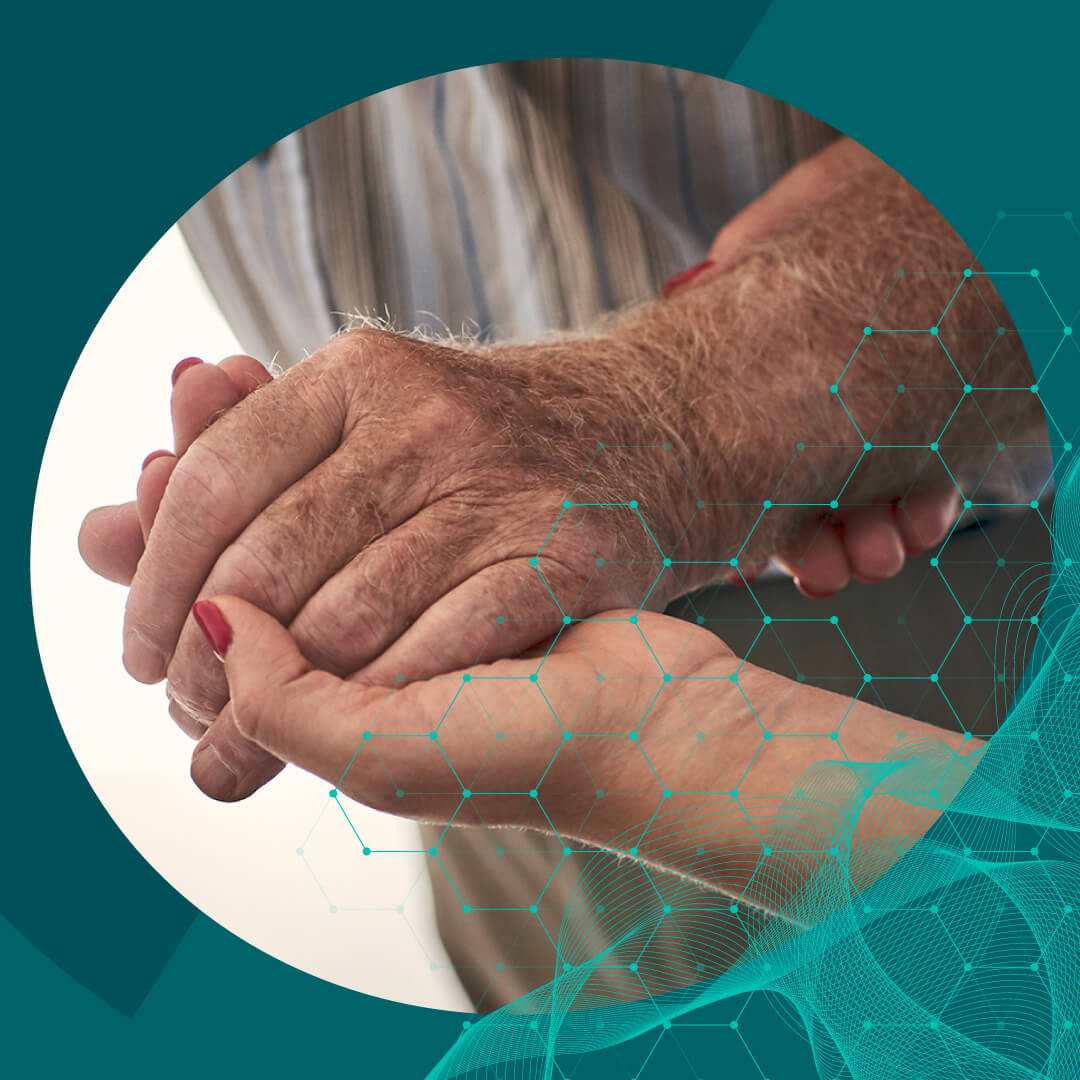Given that social care services are experiencing a workforce crisis and the government has a goal for 80% of CQC registered providers to have digital social care records by March 2024, AI could be an important tool in meeting the administrative demands of social care.
The NHS AI Lab aims to effectively adopt and scale AI in healthcare by bringing together government, health and care providers and tech companies. AI development is still in its infancy. For many, there is a huge cost towards implementing AI with the appropriate privacy and security protections.
The AI Lab “held conversations with technology companies and care providers across the country, which showed that – in general – social care is behind health on the development and adoption of AI”.
What AI is good for health and social care?
OpenAI and ChatGPT have reduced the entry barrier, but these tools are often not suitable for use in health and social care. They are based on using Large Language Models (LLMs) which are trained in a way where the output is simply a best guess at answering questions.
There are many other AI technologies that maybe better tools for social care and these would help with data analysis, personalised care plans, companionship and giving time back to caregivers. A successful implementation of AI technologies will always depend on harmony between traditional software, the service providers and caregivers, and emerging technologies.
Our recent acquisition, CareForIT, utilises sophisticated route optimisation tools for rota optimisation. CAREBooster optimises resources to maximise visit capacity when assigning carers to clients each day, which can be geared towards maintaining continuity, minimising travel time or minimising the time to complete a set of bookings.
AI’s own care role
The AI Lab offers possible reasons for social care’s AI adoption lag, stating that “the provider landscape is generally more fragmented and many organisations still collect data manually”. Therefore, its adoption needs to come with structural organisational changes and evolved working processes.
Although AI can support challenges, traditional software will still dominate the sector. It’s exciting to see what can be achieved by applying AI to problems, such as improved rota routing, data analysis used to find new correlations, and enhancing day-to-day operations.
Abiding by privacy and regulation
Data privacy is crucial in such a vulnerable sector which is already under attack. Customer data should never be under threat, and organisations must ensure that they have a range of protocols in place to mitigate any unforeseen attacks. As a company, we are ISO 27001 certified and are NHS Data Security Protection Toolkit and Cyber Essentials Plus compliant. We are also regularly audited to ensure we are adherent to those standards.
AI has different costs and privacy concerns that require specific regulations to ensure ethical and safe implementation. NICE has unveiled its AI and Digital Regulations Service to offer guidance to the NHS, social care providers, digital health innovators and the wider care ecosystem for using new AI technologies.
More time for the human experience
As the NHS experiences record waiting lists and stretched resources, initiatives such as the NHS AI Lab are fighting to buck this trend. AI technology represents a viable option for reducing pressures on social care staff in particular.
With the appropriate funding, expertise, support and regulation, technology can have a positive impact on the sector. By using AI, we can free up more time for the human experience in social care.



